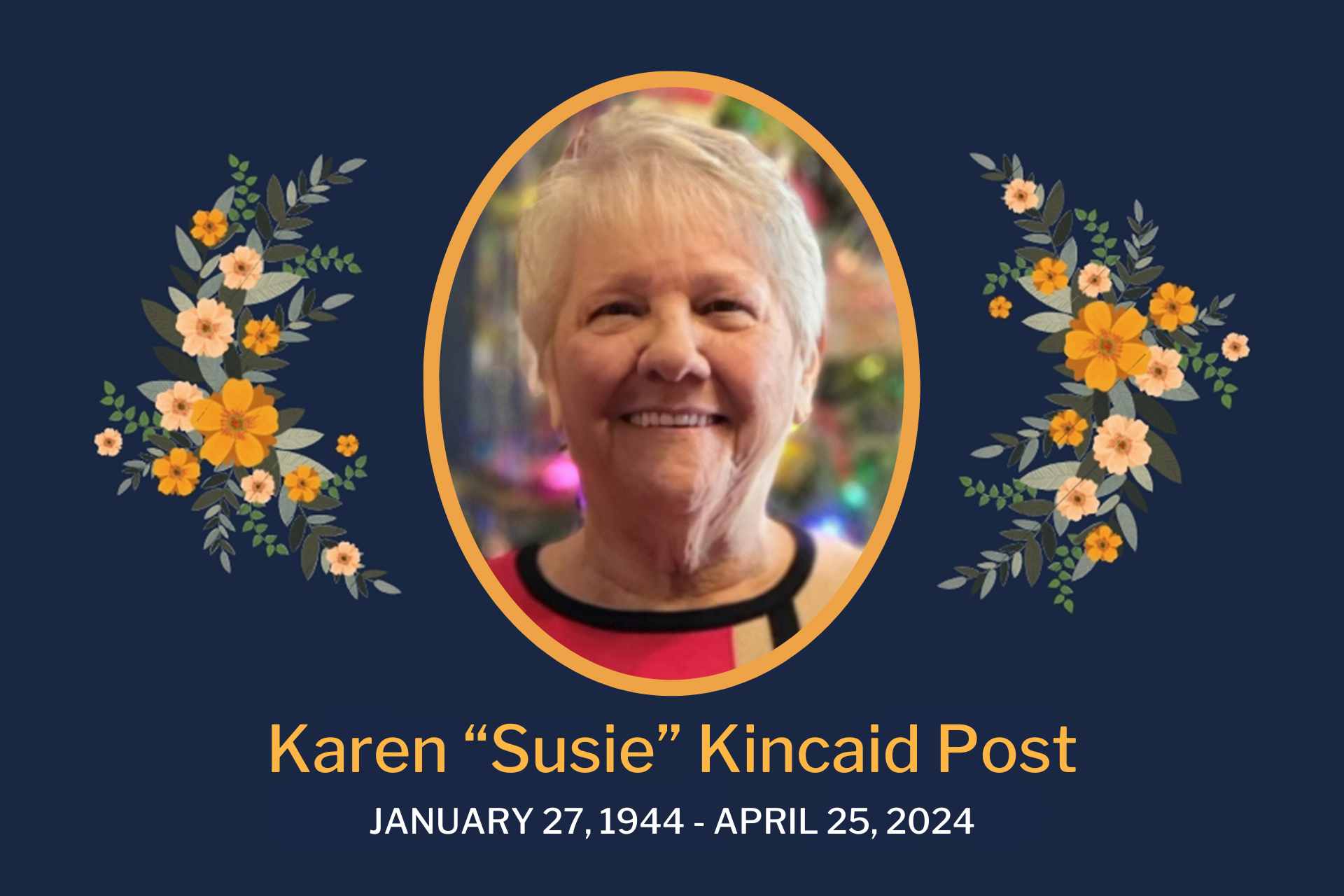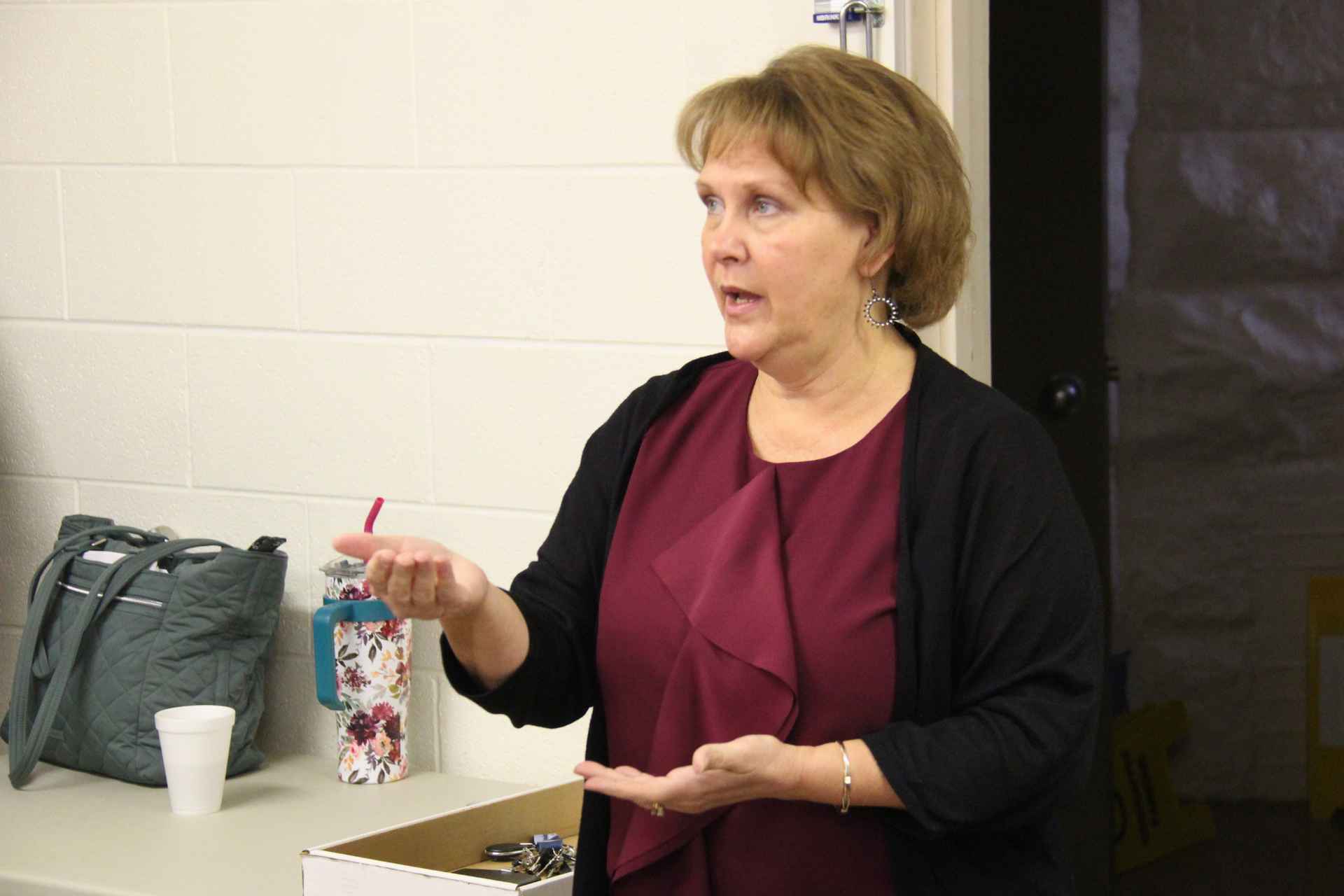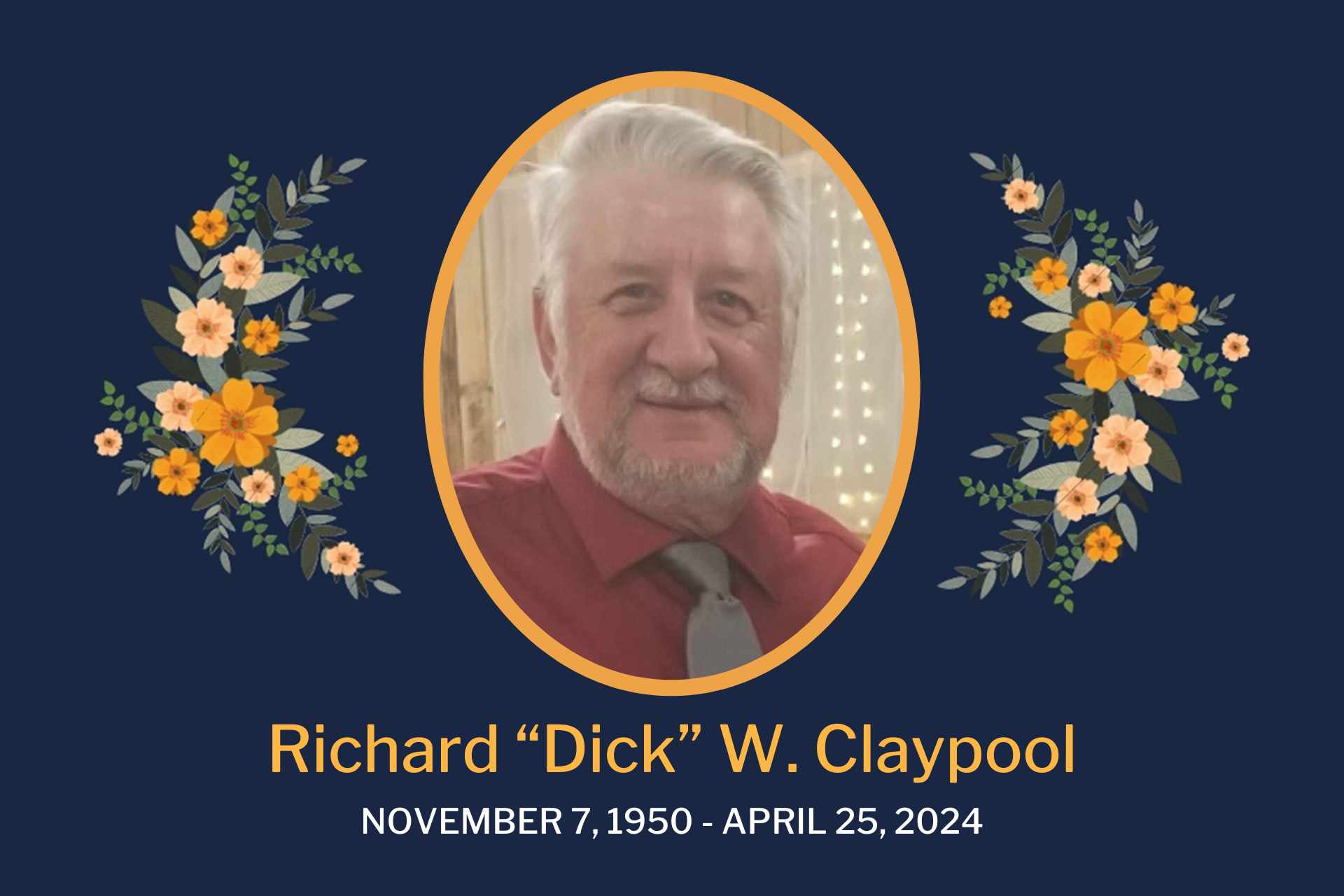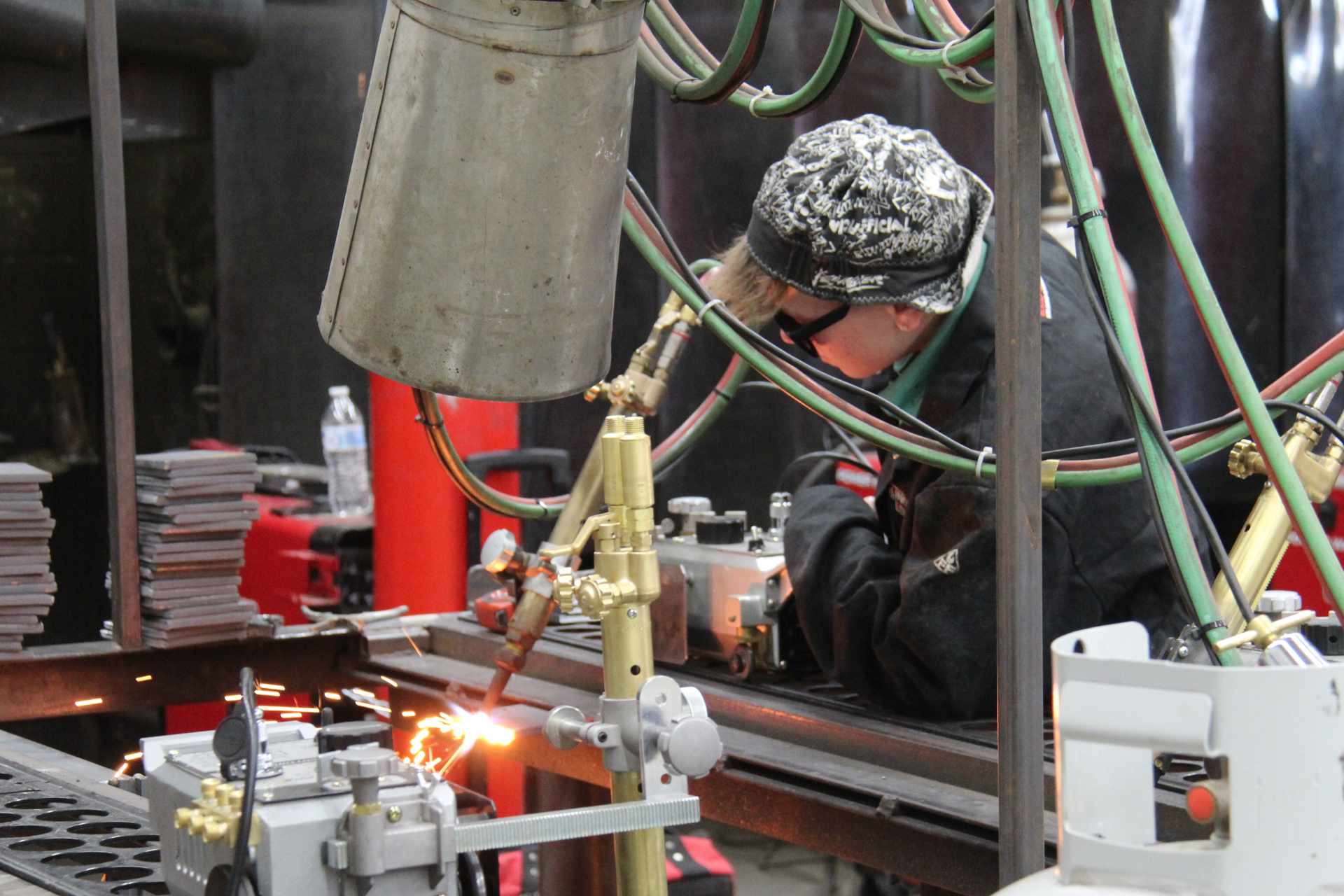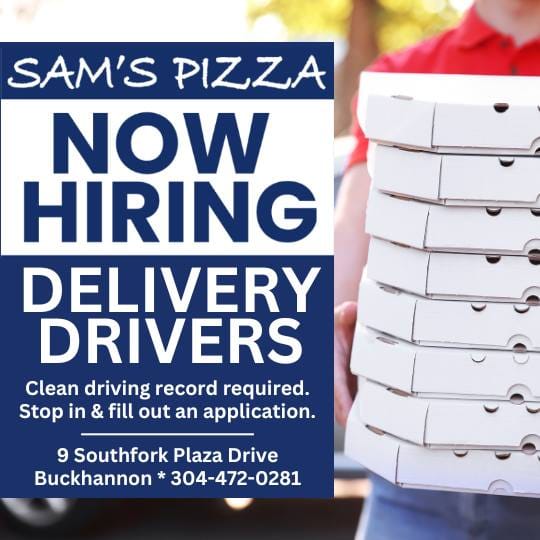BUCKHANNON – Buckhannon resident Jim Fetty lost his battle with pancreatic cancer in 2007.
Since then, his family has worked to make sure people know the signs and symptoms of the disease –and have labored to help raise awareness of the disease in hopes that someday, no one will succumb to pancreatic cancer.
November is Pancreatic Cancer Awareness Month and Jim’s sister, Annette Fetty-Santilli recently shared her brother’s journey – as she has with many people before – with My Buckhannon.
The story starts in 2006.
“My brother had been sick for some time, and he had lost a good deal of weight,” Fetty-Santilli said. “He had tremendous back pain.”
Fetty-Santilli said Jim was going from doctor to doctor, trying to find out what was wrong with him.
“He was misdiagnosed several times – he had his gallbladder removed as well as his appendix,” she said. “At one point, the doctors thought he had a bile leak. This went on for months.”
She explained at one point, Jim even had exploratory surgery intended to discover what was going on inside his body.
“During the exploratory surgery, doctors took biopsies of some spots on his liver, saying ‘the areas just did not look right.’” she said. “They sent the biopsies off, but had biopsied the wrong spots, because they came back with a diagnosis of ‘cancer-free.’”
In the midst of all this, she said the physicians had also performed a CAT scan on her brother.
“Four days later, the results came in with the diagnosis of pancreatic cancer that had spread to his liver.

He was diagnosed on March 21, 2006.
“Because Jim’s cancer had already spread, he was not a candidate for surgery or radiation,” Fetty-Santilli said. “He took chemotherapy for a while – and it worked for a while, but it just quit working.”
Pancreatic cancer, like many other cancers, can be very painful. Fetty-Santilli said Jim’s pain was so bad that he had a couple of nerve blocks.
“The first one took and held for about four to five months,” she said. “He had another one, but it didn’t work very well. His tumor was pressing on a nerve which was causing a lot of pain.”
Once everything stopped working, Fetty-Santilli said Jim opted for a better quality of life.
“With one of the chemos he was taking, he couldn’t even open the refrigerator door and stick his hand in because it was too cold,” she said. “Up until the last month and a half of his life, he looked really good. You could not have looked at him and [been able to tell] he was ill. But in the last six weeks of his life, he went downhill very fast.”
She said during the last month and a half of his life, her brother was very bloated and had fluid oozing from his legs.
Fetty-Santilli was with her brother when he passed away.
“Even though the overall incidence of cancer is going down, the incidence of pancreatic cancer is going up,” Fetty-Santilli said.
Despite that trend, Fetty-Santilli said she has a message for anyone who suspects they might have pancreatic cancer.
“Don’t give up hope,” she said. “Pay attention to your body – if you think something is wrong and you think you have pancreatic cancer, be your own advocate to find out what is wrong.
“Part of the problem with pancreatic cancer is dependent with where the tumor or tumors are located,” Fetty-Santilli added. “It depends on your symptoms – some people are jaundice, others have upset stomach. Jim’s biggest symptom was back pain and weight loss. If you lose a lot of weight suddenly, that is a sign.”
Fetty-Santilli said she would like for everybody who thinks they are at risk for pancreatic cancer to go to www.pancan.org.
“There is a caller hotline they can call 24 hours a day, and they may be able to hook people up with a clinical trial,” she said. “Basically, don’t give up hope and be your own advocate.”
Fetty-Santilli served as the West Virginia lead ambassador and is now the community advocate for the Pancreatic Cancer Network.
“I made up my mind on the last day Jim was alive that I needed to do something about this disease so no one else should have to suffer like that,” she said. “The day following his funeral, I called the Pancreatic Cancer Action Network, and I have been involved ever since.”
Additional information about the Pancreatic Cancer Action Network is available online at www.pancan.org or by calling 304-621-3648. Anyone already diagnosed with cancer can call Patient Central at 877-272-6226 or email them at patientcentral@pancan.org.








